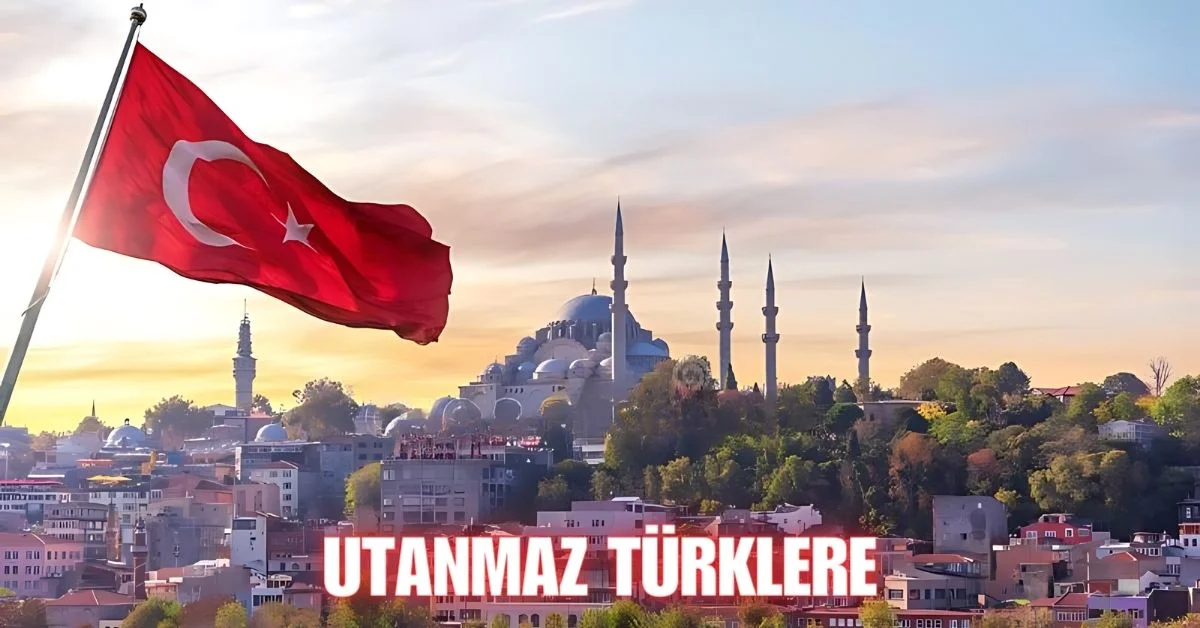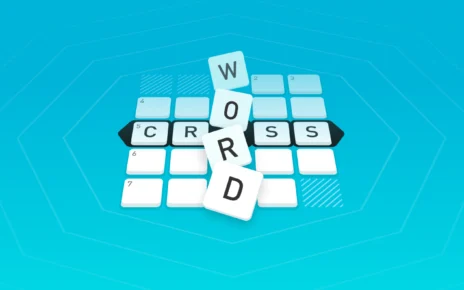Welcome to a captivating exploration of the term “utanmaz türklere,” a phrase steeped within the wealthy records of the Ottoman Empire. This expression consists of a weight of controversy and complexity, stressful an in-depth exam of its origins, characteristics, and its location inside the present day international. So, tighten your seatbelts as we embark on a adventure that sheds light on the “utanmaz türklere” – a idea that continues to ignite curiosity and spark debate.
Delving into the Origins: Where Does “Utanmaz Türklere” Come From?
The exact origin of “utanmaz türklere” remains shrouded in some mystery. But, historic bills factor toward its emergence for the duration of the later years of the Ottoman Empire (kind of 17th to 19th centuries). The phrase translates literally to “shameless Turks” or “shameless Ottomans,” hinting at a derogatory connotation.
Here are some possible theories surrounding its birth:
- Social and Economic Decline: The Ottoman Empire witnessed a slow decline in its financial and army prowess throughout the aforementioned duration. This decline may have fueled resentment among a few social businesses, mainly due to the use of “utanmaz türklere” to express frustration with the ruling elite.
- Janissary Corps Corruption: The Janissary Corps, as soon as a powerful navy unit, have become more and more corrupt and undisciplined in the later years of the Empire.
- Foreign Influence: because the Ottoman Empire interacted more with ecu powers, some foreign effects might have played a function.The term could have been adopted or adapted by those critical of Ottoman rule.
It’s important to note that these are just theories, and the exact origin story of “utanmaz türklere” might be a combination of these factors, or something entirely different.
Unveiling the Characteristics: Who Were the “Utanmaz Türklere”?
Instead, it likely targeted specific groups or behaviors perceived as:
- Arrogant and Self-Serving: the ones in positions of power who seemed extra concerned with personal advantage than the well-being of the Empire.
- Morally Depraved:folks that engaged in corrupt practices or immoral behavior that undermined societal values.
- Ineffective Leaders: Rulers who did no longer cope with the demanding conditions faced with the aid of the Empire, mainly to say no and instability.
It’s crucial to remember the fact that “utanmaz türklere” became a subjective time period, and its utility relied on the perspective of the speaker.
The Firestorm of Controversy: Why is “Utanmaz Türklere” So Controversial?
The very nature of “utanmaz türklere” makes it a contentious term. Here’s why:
- Generalization: It paints a negative picture of all Turks or Ottomans, ignoring the vast diversity of the population and the many who opposed corruption or decline.
- Historical Context Omission: The term often fails to consider the complex historical forces that contributed to the Ottoman decline, placing undue blame on the people themselves.
The use of “utanmaz türklere” today requires sensitivity and awareness of its historical baggage.
“Utanmaz Türklere” in the Modern World: Echoes of the Past?
The Ottoman Empire might be a thing of the past, but the concept of “utanmaz türklere’s” still holds some relevance today. Here’s how:
- Historical Awareness: Understanding “utanmaz türklere” helps us appreciate the complexities of the Ottoman past and the dangers of unchecked power.
- Promoting Open Dialogue: Discussions surrounding this term can encourage critical thinking and open discussions about leadership and social responsibility.
However, it’s crucial to use “utanmaz türklere” with caution in modern contexts. It’s better to focus on specific actions or policies rather than resorting to generalizations about entire ethnicities.
FAQs: Decoding “Utanmaz Türklere”
1. Does “utanmaz türklere” always carry a negative connotation?
Not necessarily. While the literal translation is undeniably negative, the term can be used figuratively to address specific issues with leadership or societal ills. However, it’s crucial to avoid generalizations about entire ethnicities when employing it in this way.
2. Is the term still used in everyday conversation today?
The literal phrase “utanmaz türklere’s” is rarely used in modern Turkish discourse. However, the concept it represents – criticizing arrogance, corruption, or ineffectiveness in leadership – might be referenced metaphorically.
3. Can “utanmaz türklere” be considered offensive?
Absolutely. The term has the potential to be offensive because of its historic context and derogatory that means. It’s critical to have in mind of the capability for ethnic prejudice when discussing this concept.
4. What are some alternative ways to express similar criticism?
Instead of resorting to “utanmaz türklere,” it’s more constructive to focus on specific actions or policies that warrant criticism. You can highlight the negative consequences of these actions and advocate for positive change.
5. How can we learn from the concept of “utanmaz türklere”?
Understanding “utanmaz türklere’s” offers valuable historical insights. It reminds us of the dangers of unchecked power and the importance of retaining leaders accountable. This consciousness can help us foster a more crucial and engaged citizenry in the gift.
Conclusion:
Our exploration of “utanmaz türklere” has been a voyage through historical complexities and controversial interpretations. We’ve delved into its possible origins, unveiled the characteristics it focused on, navigated the controversies it sparked, and explored its lingering echoes within the contemporary international.
Here are a few key takeaways from this adventure:
- “Utanmaz Türklere” is a product of a specific historical context, namely the decline of the Ottoman Empire. It reflects the frustrations of some towards a perceived decline in leadership and morality.
- The term is a loaded one, carrying the weight of generalization and potential for ethnic slurs. Its use requires sensitivity and awareness of its historical baggage.
- Despite its controversies, understanding “utanmaz türklere’s” offers valuable lessons. It reminds us of the dangers of unchecked power and the significance of important thinking about leadership.
Transferring forward, it is essential to engage with this time period thoughtfully. In preference to resorting to generalizations. We can use it as a springboard for positive discussions about leadership, responsibility, and social responsibility. By using mastering from the past, we will try to construct a greater simple and equitable future.
This exploration of “utanmaz türklere” hopefully serves as a springboard for your readers to delve deeper. Encourage them to research the Ottoman period, explore different perspectives on the term, and critically evaluate its relevance in the modern world.




